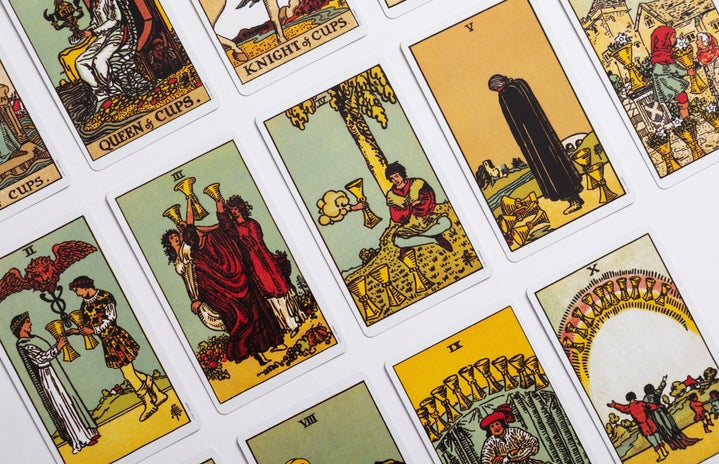I’ve never had an original experience before.
That’s the thought that floated through my mind as I watched Hasan Minhaj’s new comedy special, ‘Off With His Head.’
My friends and I booked the tickets several months ago when they first came out and I’ve been looking forward to this show for ages now. I watched the recording of his last two specials and was a religious Patriot Act fan when it ran on Netflix. While I have my fair share of Indian comedians that I enjoy watching, what makes Hasan different is his experience growing up in America. He has pioneered a voice for South Asians in a field where few dare to venture and isn’t afraid to use his platform to talk about controversial topics.
I walked into this special blind. I didn’t try and scour the internet for hints of what he would talk about. Neither did I ask friends who had gone to the show. (And this is a lot for someone who reads plot summaries while watching movies).
In fact, I didn’t know until the night before that they locked your phones before you went in. So, you were essentially barred from taking any audio or visual recording. While I was initially disappointed I wouldn’t be able to take a picture of him on stage, it made the experience all the more better because I was forced to watch it with zero distractions.
Now the actual show?
God, it blew me away.
I expected Hasan to mostly cover some of his recent controversies that have occurred since his last special, ‘King’s Jester.’ Instead, the majority of the special was centered around his personal reflections on being the middleman in his Indian family.
He covered the struggle about deciding which family values to carry forward versus those he wants to leave behind. He joked about the trauma his parents gave him and how he’s uncovering all it in therapy with a therapist that understands the cultural nuances of growing up in an immigrant family.
At the same time, he valued the lessons his parents instilled in him and how he appreciates the notion of community and family over classic American “boundaries” now that he’s older. He carefully encapsulated my experience and the environment I’ve grown up in. It really goes to show that not much has changed even though he’s a full-grown adult and I’m a college student.
I have always loved Hasan’s call to action and meaningfulness with his comedy. There is always an underlying message that people are too afraid to voice that he communicates perfectly with humor. As a result, what I especially loved about his set was when he addressed Asian on Asian racism.
No race prays for each other’s downfall the way that we do. Whether subconsciously or consciously, there is this great divide amongst the different groups of Asians. Even at a diverse campus like UT, we throng together in our own groups. We silently hope for each other’s downfall even if no one openly admits it. Call it our survival instincts or our competitive spirit, the Asian American community is more divided than other racial communities.
With Hasan I noticed this trend when the New Yorker article came out accusing him of fabricating his comedic stories. The number of people that immediately distanced themselves from him online rather than support him was overwhelming. Asian Americans are severely underrepresented in the culture and entertainment. But rather than stand up for one of our own, we leave them out to dry on their own. We saw this recently with Maitreyi Ramakrishnan as well in response to potentially having her play Rapunzel in a live action “Tangled.”
I am undoubtedly biased towards all of Hasan Minhaj’s work, but I would definitely encourage everyone to find a way to watch his special. It left me aching from laughter and a healthy dose of self-reflection as well.
This special opened my eyes to disparities in my community that I knew existed, but never really thought much of. Which is exactly why the issue continues to persist. Asians hate when other Asians succeed, and its about time we change that narrative. The issue should have always been us versus the problem, not us versus each other.


